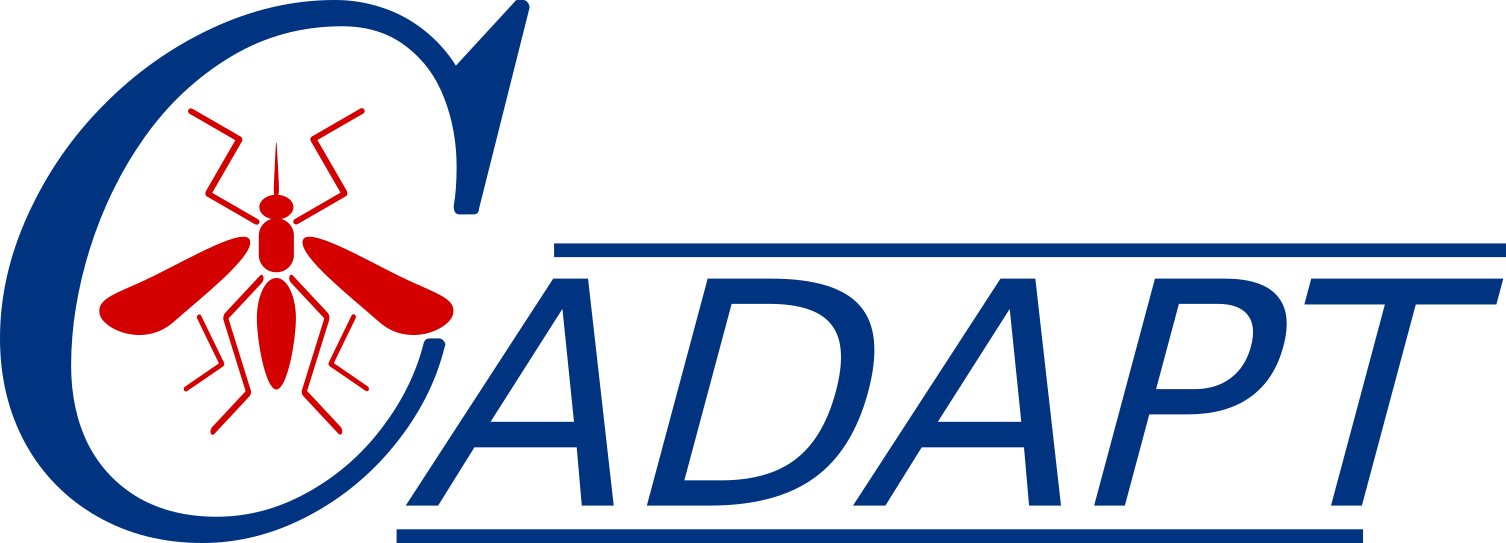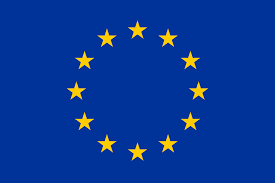Adaptation of mosquito population control measures to climate change in Croatia
KK.05.1.1.02.0008

Project title
Adaptation of mosquito population control measures to climate change in Croatia (KK.05.1.1.02.0008)

Operational Programme
2014.-2020., funded from the European Regional Development Fund
Project duration
36 months (01.06.2020. – 01.06.2023.)

Host institution
Josip Juraj Strossmayer University of Osijek, Department of Biology, Cara Hadrijana 8/A 31 000 Osijek, VAT: HR-78808975734
Partner institution
Ruđer Bošković Institute, Bijenička Cesta 54, 10000 Zagreb, VAT: HR-69715301002

Supported by the European Regional Development Fund
465 154.59 € (376 970.78 € non-refundable funds)
Environmental Protection and Energy Efficiency Fund
50 518.23 €
Hardware donation through Applied Research Accelerator Program
The aim of the project is to create a system for predicting the need and methods of control and regulation of mosquito populations in the entire territory of the Republic of Croatia in the context of environmental changes resulting from climate change. The main result of the project will be spatial maps of the Republic of Croatia where, for at least three climate change scenarios (RCP 2.6-8.5), areas where changes in mosquito control methods caused by climate change are expected will be identified, with proposals for specific adaptation and monitoring measures. Based on the knowledge from the model, four strategies of climate change adaptation measures will be introduced:
- Proposal for adaptation of mosquito population control measures in areas of importance for biodiversity.
- Proposal for adaptation of mosquito population control measures in populated areas.
- Proposal for adaptation of mosquito population control measures in tourist areas.
- Proposal for adaptation of mosquito population control measures to invasive species.
The project also envisages the development of a computer platform that will consist of several modules, through which the general public will be able to get acquainted with the outcomes of the project:
- Web interface featuring the project results
- Web interface featuring interactive simulations
- Public data base
